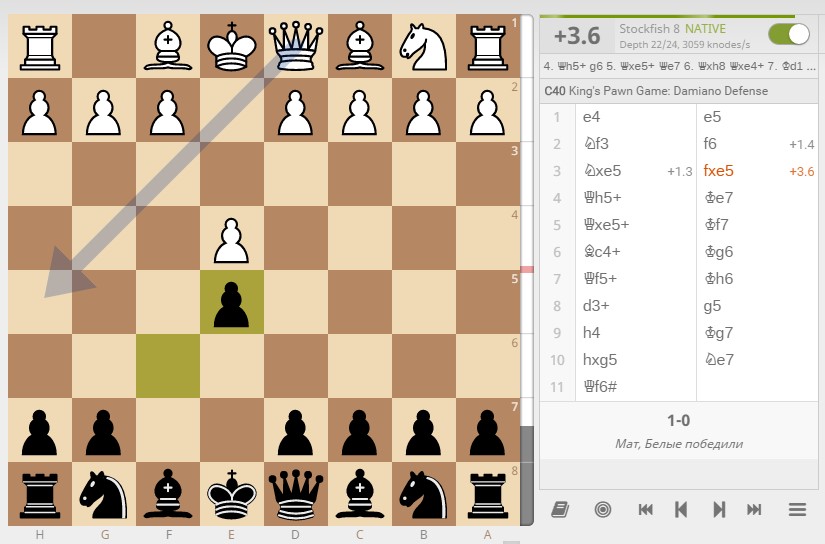Political Party of Radicals. The Political Party of Radicals ( Dutch: Politieke Partij Radikalen, PPR) was a progressive Christian and green political party in the Netherlands. The PPR played a relatively small role in Dutch politics and merged with other left-wing parties to form GreenLeft (Dutch: GroenLinks) in 1991.
Basisinkomenpartij.nl is tracked by us since February, 2017. Over the time it has been ranked as high as 4 867 199 in the world. It was hosted by Services for One.com and Webclusters for customers. Basisinkomenpartij has the lowest Google pagerank and bad results in terms of Yandex topical citation index. We found that Basisinkomenpartij.nl is poorly ‘socialized’ in respect to any social network. According to Siteadvisor and Google safe browsing analytics, Basisinkomenpartij.nl is quite a safe domain with no visitor reviews.
Contents • • • • • • • • • • • • • • • • • Party history [ ] Before 1968 [ ] The foundation of the PPR is linked to formation of the and the (CDA). After the it became clear that a cabinet would be formed by the (ARP) and (CHU), the (KVP) and the (VVD).
Forces within the KVP and ARP had hoped for the formation of a cabinet with the (PvdA) without the participation of the CHU and VVD. In March 1967 a group of 'regret voters' (ARP-members who regretted voting ARP) published an advertisement in the Protestant newspaper, aimed at the leadership of the ARP: they claimed that the left-wing, so called 'evangelically radical', ideal of the ARP could not be realised in a cabinet with the VVD. In April this group began to meet regularly with dissidents from the KVP in the Hotel Americain, this gave the group the name 'American Group'. The group included, prominent ARP politician, his son,, former KVP prime minister, and, member of the KVP and future. In May the group became a formal organisation, the Working Group Christian Radicals, which was oriented at making their mother parties more progressive. They had some success in the KVP, which was seeking new allies and a new image, after it had lost the.
Poster for the 1974 elections showing the green nature of the party On 27 April 1968 part of the group of Catholic radicals left the KVP and formed the Political Party of Radicals (PRP). Prominent radicals, like Lubbers and Cals, did not join the party. A group of radical KVP MPs led by left the KVP parliamentary party and formed their own group-Aarden, the parliamentary party of the PPR. The party is joined by some prominent 'regret-voters' from the ARP, most prominently Bas de Gaay Fortman. The party began to co-operate closely with the Labour Party (PvdA), the newly founded (D66) and initially with the left-wing (PSP) in the so-called Progressive Accords (PAK). The parties proposed common election manifestos and formed a. The PSP left the alliance before the negotiations ended, because the alliance was not enough.
The PPR participated in the as part of the PAK. The PPR won only two seats, while the PAK wins only 52 seats, a third of parliament. Jacques Aarden led the party in parliament.
Some prominent members left the PPR, because they think the party has failed. The was formed by the ARP, KVP, CHU, VVD and the. In the the parties tried again.

The PAK now won 56 seats and the PPR 7. Former ARP-politician led the party in the elections.

A continuation of the, which fell within one year is excluded. The only possibility is a centre-left government with the PAK parties and the Christian democratic parties. Chevron digital timer socket manual download free software. The PAK parties refuse this possibility and want to form a PAK minority cabinet. A compromise is found in the progressive, an composed out of PvdA, D66 and PPR and progressive individuals from the ARP and the KVP, including former Radicals such as Lubbers and Wilhelm de Gaay Fortman. The PPR supplied two ministers, Minister for Culture, Recreation and Social Work, and, for Science and one, Michel van Hulten, for Transport, Public Works and Water Management. The fact that the PPR was co-operating with the ARP and KVP, which many members of the party had just left led to considerable upheaval within the party. The party congress adopted a resolution stating that the party would not co-operate with these parties in the next cabinet.
Posts
- Dejstviya Lichnogo Sostava Po Trevoge
- Almena Method Touch Typing Tutorial
- Super Fdisk 10 Bootable Iso Download
- Cfg Dlya Kss V34 Dlya Streljbi Bez Razbrosa
- Solar Energy By S P Sukhatme Pdf Free
- Drajvera Dlya Batarei Noutbuka Acer
- Lakewood 5500 Heater Manual
- Program Penjualan Sederhana
- Graphic Bold Font
- Uzorova Schyot V Predelah 20
- Johnny Castaway Screensaver For Windows 10